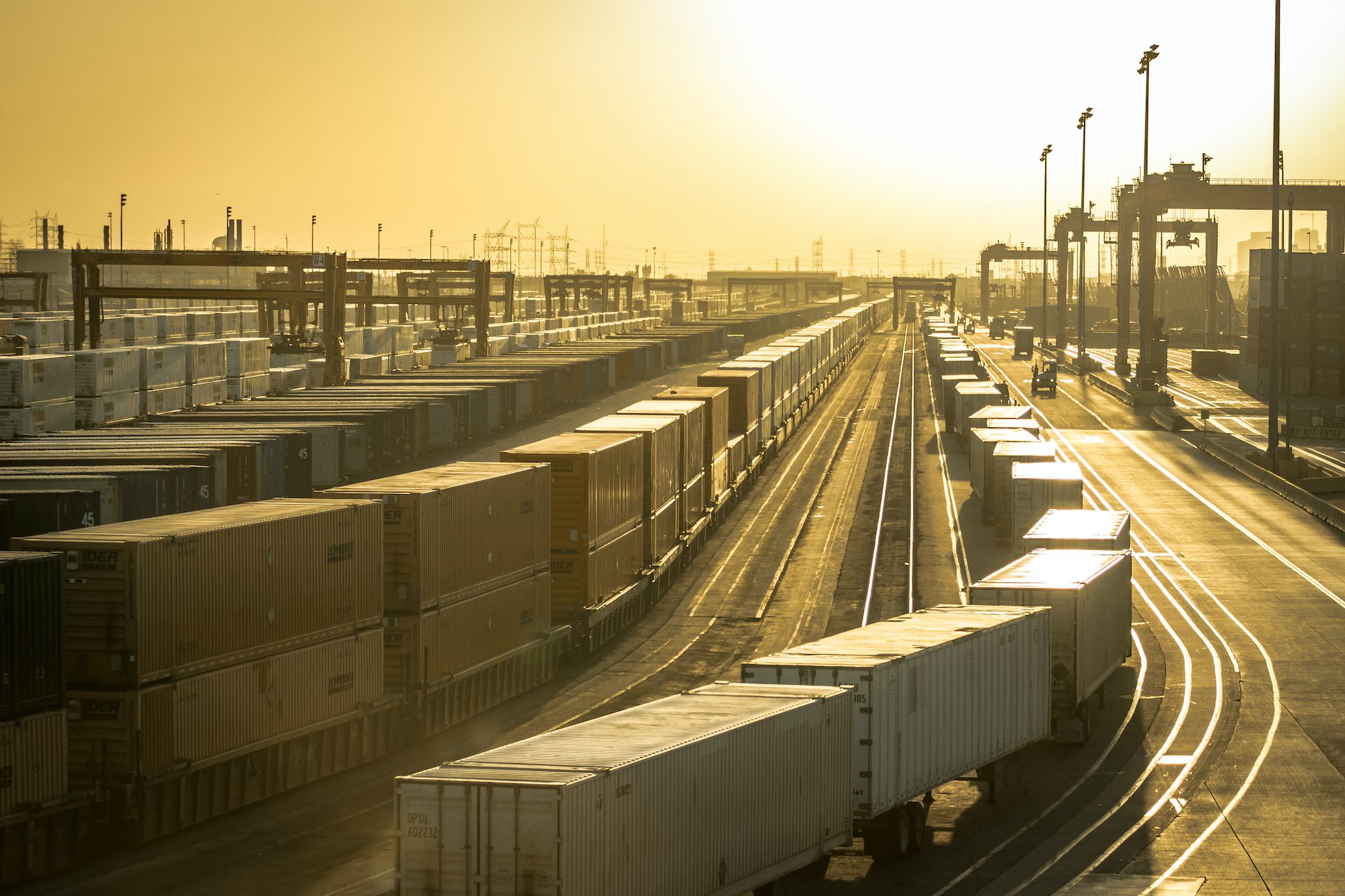By David Shepardson and Lisa Baertlein
WASHINGTON/LOS ANGELES, Sept 13 (Reuters) – The White House made a new effort on Tuesday to press railroads and unions to reach a deal to avoid a shutdown of the American rail system – affecting freight and passenger service – as early as Friday that could hurt the economy, a U.S. official said.
The push comes as Congress is feeling pressure to step in to avert a labor disruption if no deal is reached, with railroads saying a shutdown could cost the U.S. economy $2 billion a day. U.S. passenger railroad Amtrak on Tuesday began canceling trains on four long-distance routes and warned of further service cuts.
Unions, which already have been offered significant pay increases after a presidential board recommendation, are pushing back on work rules that require employees to be on-call and available to work most days. Railroads are struggling to rebuild employee ranks after slashing their workforce by almost 30% over the past six years.
President Joe Biden, cabinet members and senior administration officials “engaged” with the unions and rail companies throughout the day on Monday to try to avert a shutdown, a White House official, speaking on condition of anonymity, told Reuters.
“Additional senior-level engagements are planned” for Tuesday morning, the official added.
Biden has been a longtime supporter of Amtrak and traveled by rail to and from Washington for decades when he was a member of the Senate representing Delaware.
House of Representatives Majority Leader Steny Hoyer, a Democrat, said Congress could step in and pass legislation if an agreement is not reached to avert a shutdown.
“We want to avoid a crippling railroad strike,” Hoyer told Bloomberg TV on Monday.
Railroads, including Union Pacific, Berkshire Hathaway’s BNSF, CSX and Norfolk Southern, have until a minute after midnight on Friday to reach tentative deals with holdout unions representing about 60,000 workers. Failing to do so would open the door to union strikes, employer lockouts and congressional intervention.
There has not been a nationwide U.S. rail service stoppage since 1992, when major freight railroads closed operations for two days.
The brinkmanship comes at a sensitive time for unions, railroads, shippers, consumers and Biden, who appointed an emergency board in July in a bid to help break the impasse.
The National Grain and Feed Association, which represents companies that handle more than 70% of U.S. grain, said a rail stoppage would hit right as the fall harvest accelerates in many parts of the country.
“Without rail service to move those crops, many facilities will begin to fill to capacity and may be limited on deliveries they can take from producers,” the association said in a statement. “The economic damages across the food and agricultural supply chain would be swift and severe.”
U.S. railroads account for almost 30% of cargo transport by weight and maintain about 97% of the tracks Amtrak uses for passenger rail. Widespread railroad disruptions could choke supplies of food and fuel, spawn transportation chaos and stoke inflation.
At midday on Wednesday, Norfolk Southern will stop accepting intermodal cargo: goods moving by combinations of ship, truck and rail transport. Those shipments include consumer products and e-commerce packages that account for almost half of U.S. rail traffic.
Railroads last week said they would cease shipments of hazardous materials such as chlorine used to purify drinking water and chemicals used in fertilizer on Monday so they are not stranded in unsafe locations if rail traffic stops.
(Reporting by David Shepardson and Lisa Baertlein; Editing by Will Dunham)
(c) Copyright Thomson Reuters 2022.

 Join The Club
Join The Club












